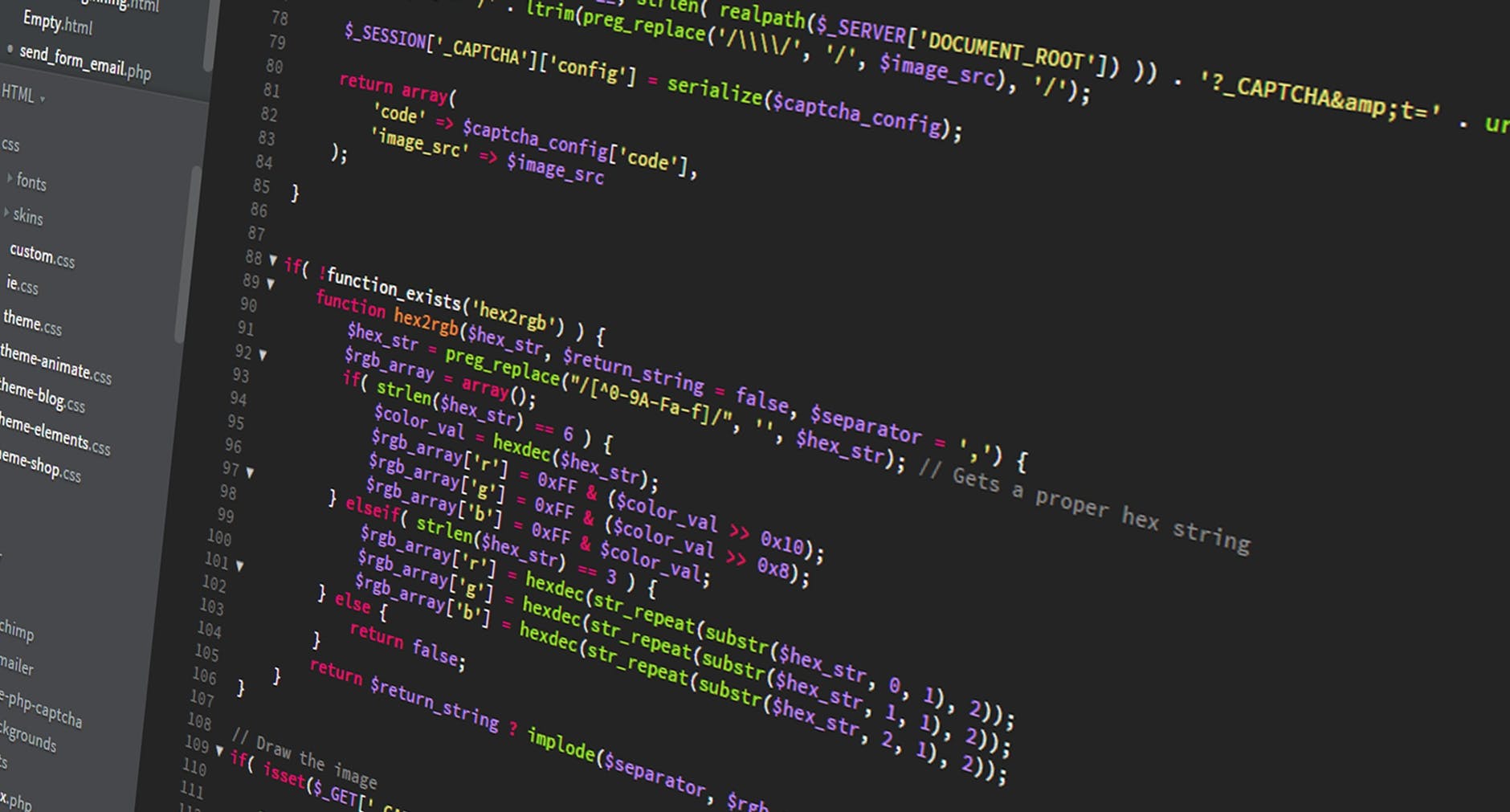When encountering issues with async/await while building a Windows Forms application recently I came across this helpful class that allows you to await returning to the initial (usually UI) thread…
public struct SynchronizationContextAwaiter : INotifyCompletion, IEquatable<SynchronizationContextAwaiter>
{
private static readonly SendOrPostCallback postCallback = state => (state as Action)?.Invoke();
private readonly SynchronizationContext context;
public SynchronizationContextAwaiter(SynchronizationContext context) => this.context = context;
public bool IsCompleted => context == SynchronizationContext.Current;
public static bool operator !=(SynchronizationContextAwaiter left, SynchronizationContextAwaiter right) =>
!(left == right);
public static bool operator ==(SynchronizationContextAwaiter left, SynchronizationContextAwaiter right) =>
left.Equals(right);
public override bool Equals(object? obj) =>
obj is SynchronizationContextAwaiter awaiter && this.Equals(awaiter);
public bool Equals(SynchronizationContextAwaiter other) =>
EqualityComparer<SynchronizationContext>.Default.Equals(this.context, other.context);
public override int GetHashCode() => HashCode.Combine(this.context);
[SuppressMessage("Performance", "CA1822:Mark members as static", Justification = "Reviewed.")]
public void GetResult()
{
}
public void OnCompleted(Action continuation) => context.Post(postCallback, continuation);
}It goes along with this extension method…
/// <summary>
/// Gets an awaiter for the specified synchronization context.
/// </summary>
/// <param name="context">The synchronization context.</param>
/// <returns>The <see cref="SynchronizationContextAwaiter"/>.</returns>
public static SynchronizationContextAwaiter GetAwaiter(this SynchronizationContext context) =>
new SynchronizationContextAwaiter(context);And you use it like this…
var syncContext = SynchronizationContext.Current; // Grab UI thread
// TODO: Do long running async stuff here
if (syncContext != null)
{
await syncContext;
}
// TODO: Do original/UI thread stuff hereThis is a somewhat cleaner way to handle the multi-threading problem in async methods in a STAThread application.
